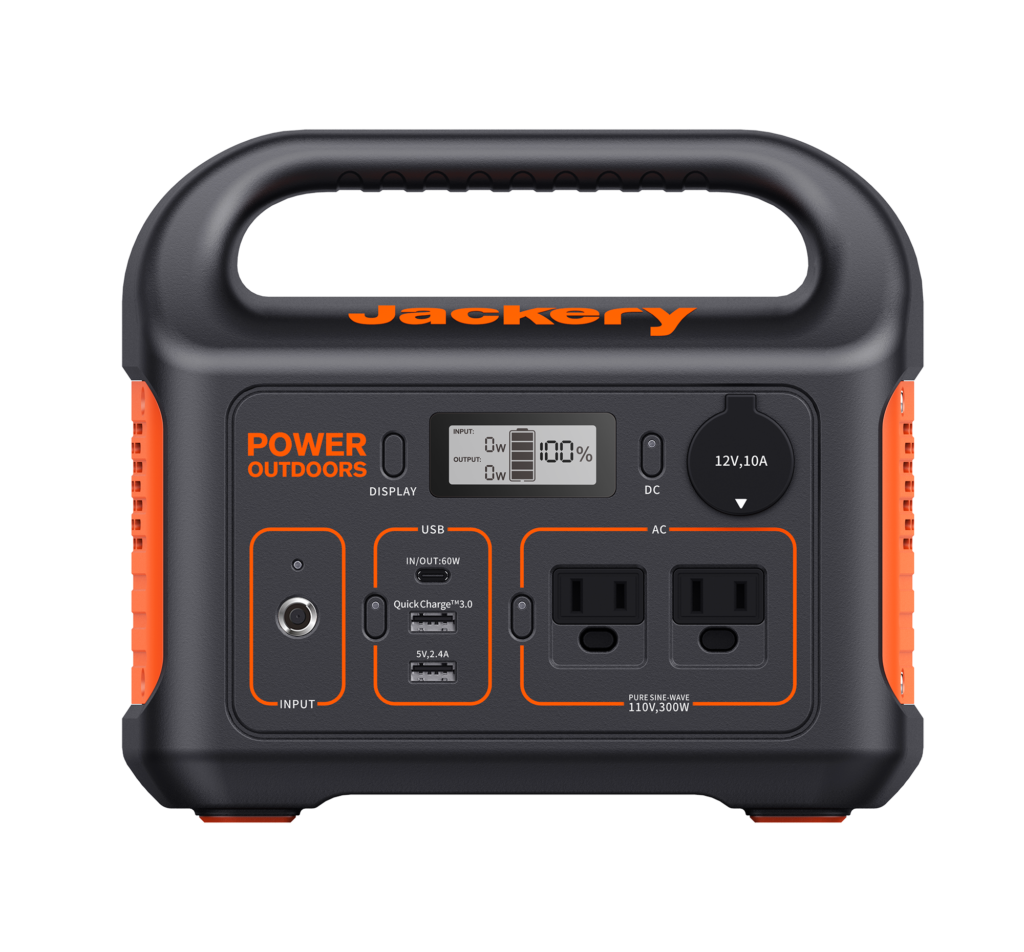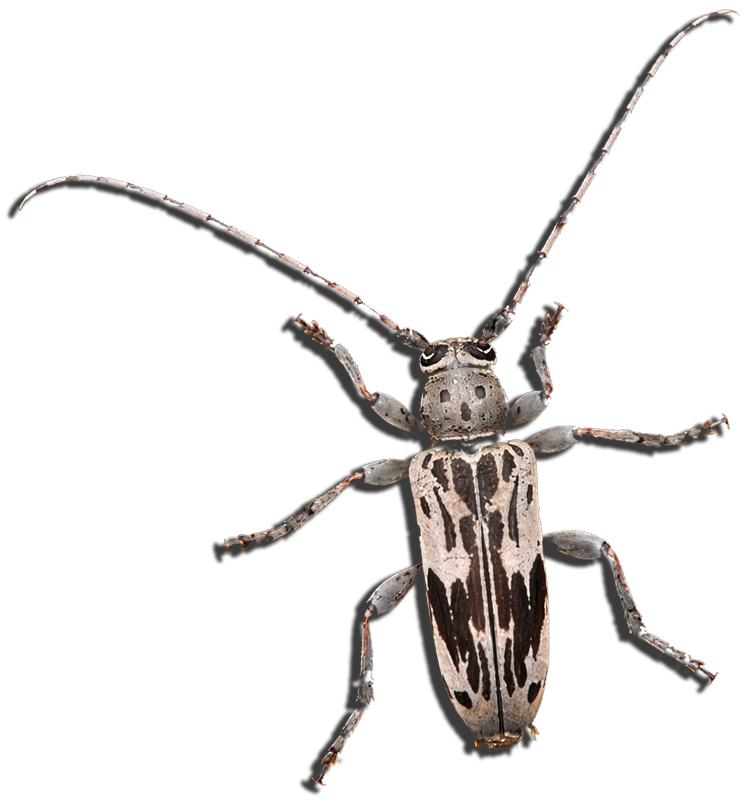32 watts · 240 diodes · Dual-wavelength UV-A
Professional LED UV blacklight for nocturnal insect work
Professional LED UV blacklight for nocturnal insect work
What to expect in the field
Many users run Entoquip lights from portable power stations. For example, the Jackery Explorer 300 typically powers two lights for ~4 hours. Larger power station models are available for longer run times.
We tested runtimes across multiple portable power banks. View the full results (PDF) →

Independent testing shows modern LED UV performs comparably to traditional fluorescent UV sources. View research →


Night-flying insects orient using distant celestial light sources, particularly the moon and UV-rich night sky, and are most sensitive to UV-A wavelengths (315–400 nm). Artificial UV-A lights act as closer orientation cues, disrupting navigation and causing circling and frequent landings near the light, especially on moonless nights. Advances in LED technology enable emission at 365 nm and 395 nm, which Entoquip lights combine for broad UV-A coverage.



The spectra below compare moonlight with 365 nm and 395 nm UV-A LEDs.
Click to expand

wavelength (nm)

wavelength (nm)

wavelength (nm)

Entoquip lights emit wavelengths within the long-wave ultraviolet range. These wavelengths are naturally present in outdoor light, and the emitted intensity is lower than direct daytime sunlight. As with any bright light source, avoid looking directly at the LEDs. UV-filtering eyewear may be used for added comfort during prolonged use.
Entoquip lights use a high density of LEDs, which means they will get hot to the touch during operation. Surface temperatures typically reach 140–150°F (60–66°C) depending on ambient conditions. This is normal for high-power LED systems. Avoid handling the light while it is running and allow it to cool before repositioning.
A lightweight frame and canvas system designed for sheet-based field collecting with Entoquip lights.
A compact, USB-powered UV light designed for travel and lightweight field use when outlets are unavailable.